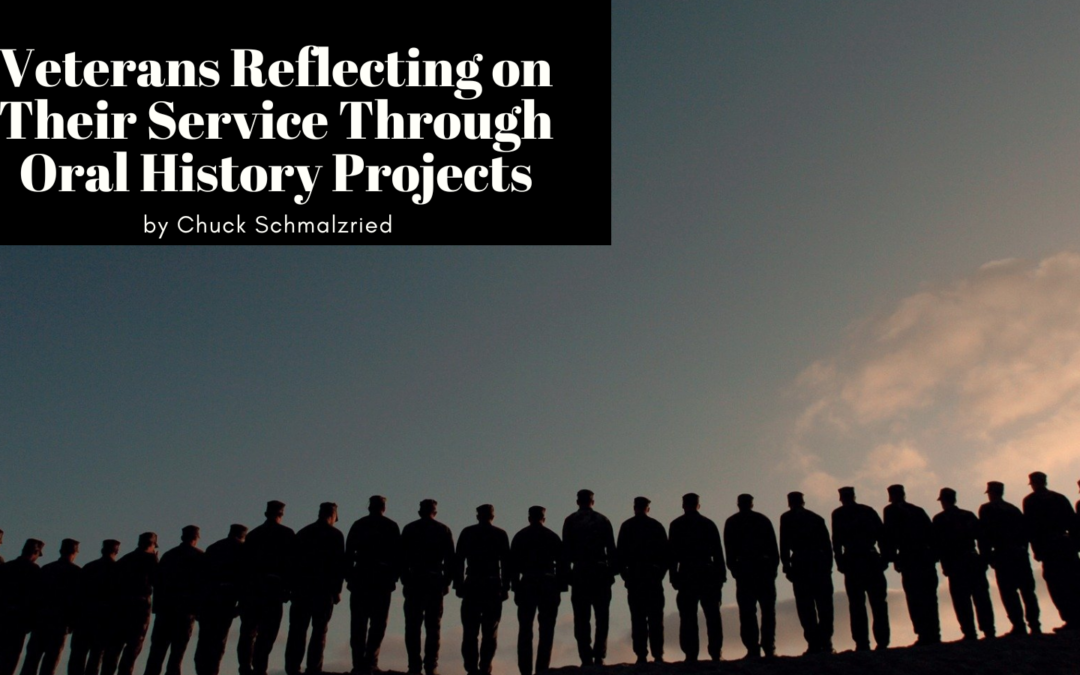Oral history projects are potent conduits for preserving veterans’ narratives, experiences, and reflections. Through recorded interviews and storytelling, these projects provide a platform for veterans to share their unique perspectives, ensuring that their voices resonate across generations. Let’s explore how oral history projects offer veterans an avenue to reflect on their service and contribute to the broader understanding of military experiences.
Personal Narratives as Living Testimonies: Oral history projects capture the nuances of veterans’ narratives, transforming their experiences into living testimonies. By sharing stories in their own words, veterans convey their service’s emotional depth and context, providing a nuanced understanding that traditional historical accounts may overlook.
Fostering Connection Between Generations: Veterans reflecting on their service through oral history projects create a bridge between generations. These firsthand accounts enrich the understanding of historical events, fostering connections between veterans and younger audiences. The intergenerational exchange facilitates empathy, appreciation, and a shared sense of history.
Preserving Diverse Perspectives: Each veteran brings a unique perspective shaped by their branch of service, role, and personal journey. Oral history projects strive to capture this diversity, ensuring that the myriad experiences within the military are preserved. By doing so, these projects contribute to a more comprehensive and inclusive historical record.
Emotional Catharsis and Healing: For many veterans, participating in oral history projects is a form of emotional catharsis. Reflecting on their service in a supportive and empathetic environment can be a therapeutic experience, allowing veterans to process their memories, emotions, and challenges. This reflective process can contribute to healing and a sense of closure.
Documenting Untold Stories: Oral history projects provide a platform for veterans to share stories that may otherwise go untold. These stories can include unique missions, personal challenges, and moments of camaraderie. Documenting these narratives contributes to a more comprehensive understanding of military history, ensuring that lesser-known aspects are not forgotten.
Recognizing Sacrifices and Contributions: Veterans can articulate their sacrifices and contributions during service through oral history projects. Whether deployed overseas or supporting operations at home, these projects underscore the diverse roles veterans play and the impact of their service on both themselves and their communities.
Legacy Building for Future Generations: Oral history projects play a pivotal role in legacy building for veterans. By recording their stories, veterans create a lasting testament to their experiences. This legacy benefits their families and communities and is an educational resource for future generations seeking insights into the complexities of military service.
